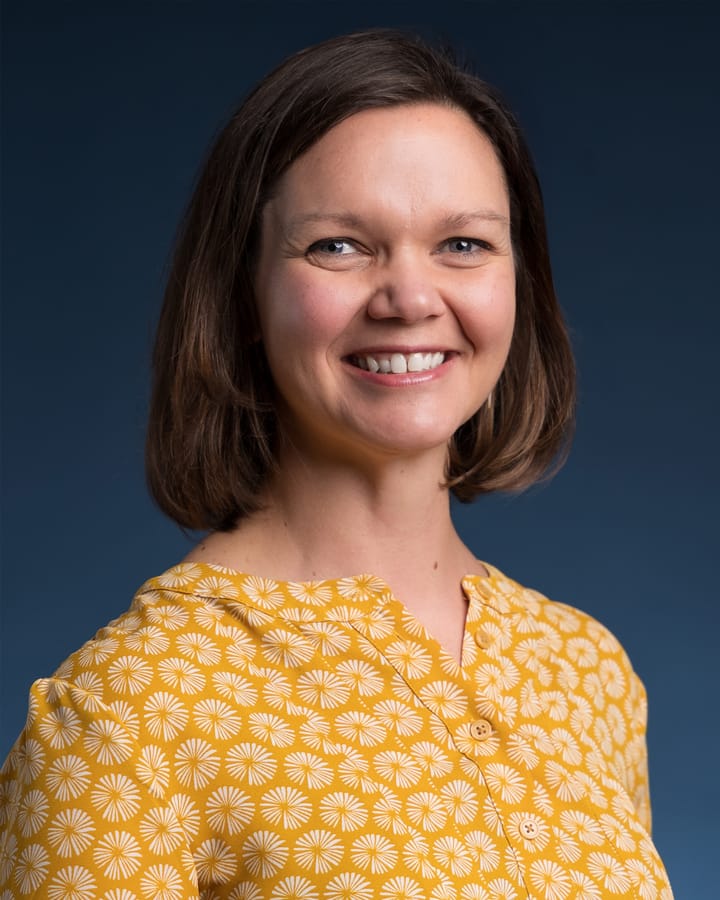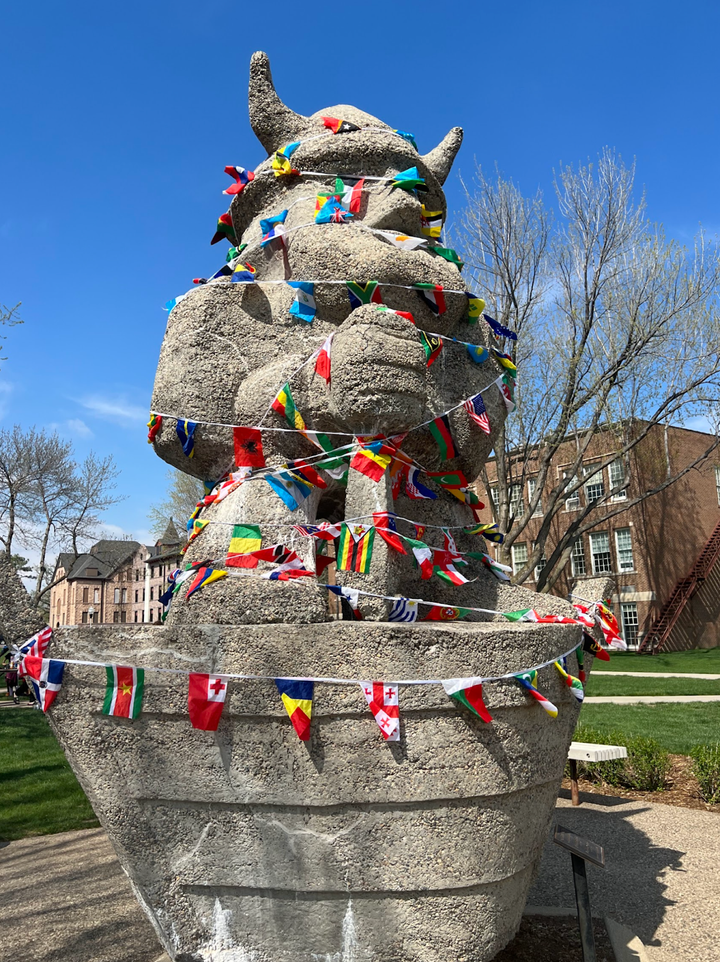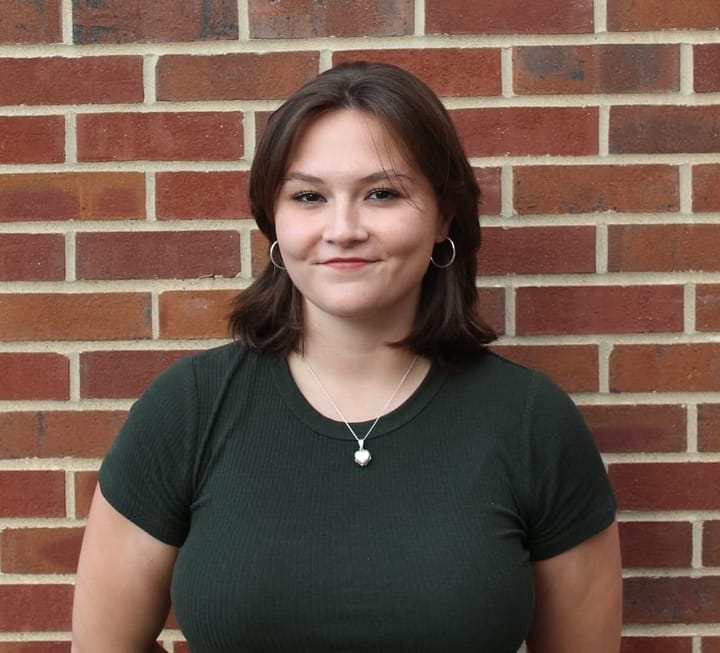Professors explain, reflect on Israel-Hamas War
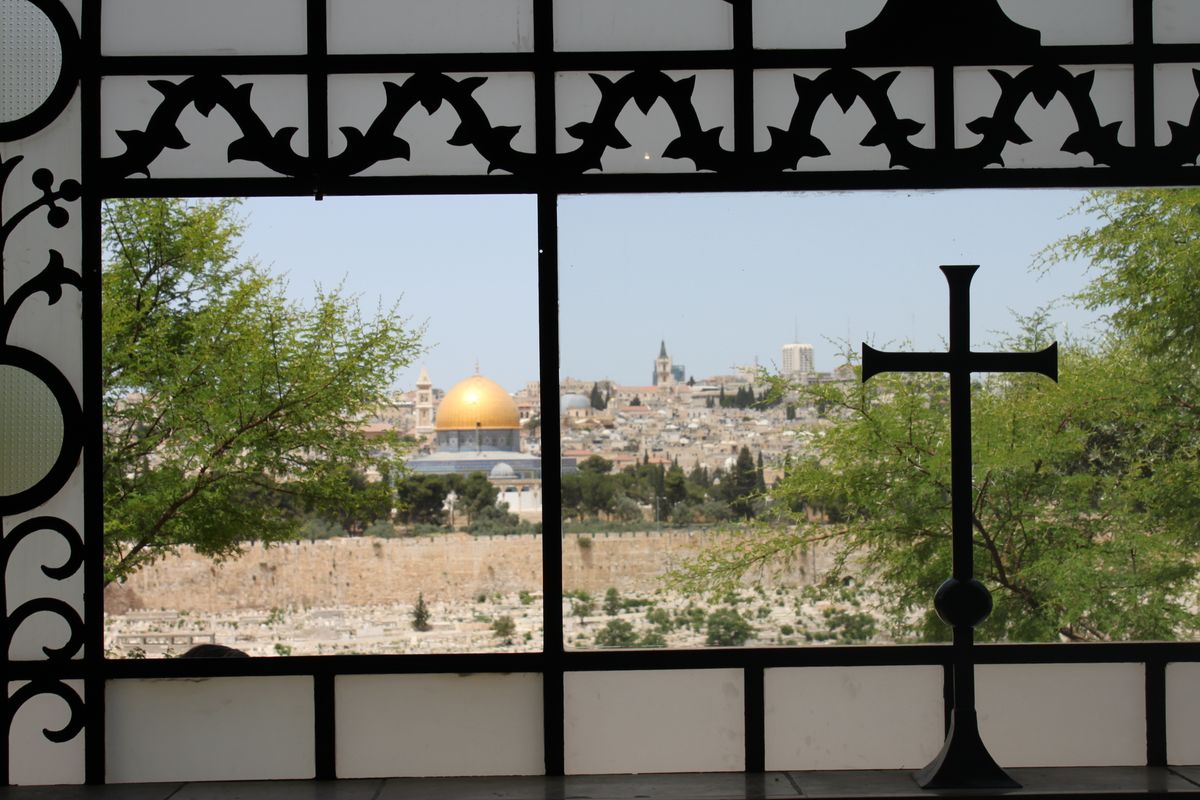
Members of Hamas, an Islamist militant group that has controlled Gaza since 2006, sent rockets into Israel on Oct. 7. They also stormed a number of nearby Israeli towns, killing, wounding and taking soldiers and civilians hostage.
In retaliation, Israel launched a series of air strikes, called on 300,000 reserve soldiers and imposed a total blockade of the Gaza strip.
On Oct. 8, Israel officially declared war against Hamas, with its defense minister ordering the Israeli Defense Forces to perform a “complete siege” of Gaza.
According to the Health Ministry in Gaza, as of Nov. 3, the Palestinian death toll has reached 9,227 since the war began. Additionally, another 1,400 people in Israel have been killed, and Hamas has taken 242 hostages.
Despite the more than 6,400 miles separating Israel and Sioux Falls, the war in Gaza has proven prevalent and emotionally devastating to many on Augustana’s campus.
Professors who have traveled to the region offer context to the recent events in Gaza and encourage students to consider the conflict and the lives involved.
“People are dying, and we are not,” Rev. Ann Rosendale, campus pastor, said. “We are in a position to maybe make a little bit of a difference through our understanding, our learning and our listening.”
Religious conflict
Violence has existed in Israel and the Palestine regions for centuries because of religious histories and a power struggle for governance.
“It’s not necessarily that the violence is new so much as the scale of violence is new,” Jennapher Lunde Seefeldt, a government and international affairs professor, said.
Jerusalem, Israel’s capital, is a sacred place for the three Abrahamic religions. Who gets ultimate control of Jerusalem proves a highly controversial topic.
“Jerusalem is this really interesting place because all three of the world's monotheistic faiths, Judaism, Islam and Christianity, all have very strong and passionate feelings about Jerusalem,” John Anderson, a visiting religion professor, said.
During 1090-970 BCE, the time of King David, Jerusalem was the capital of Israel. Within the city, a temple was built — a visible sign of God’s presence.
“As long as the temple stood, we knew that God was with us and God would not, had not abandoned us,” Anderson said. “The temple was the place where God's finger held the world steady and kept it from spinning out of control.”
According to Anderson, the Babylonians destroyed the temple in 587 BCE. It was rebuilt and destroyed again in 70 CE. Today, the western wall is all that remains of the temple.
“That is the most sacred place for Jews because it's the closest they can get to the presence of God,” Rosendale said.
According to Hebrew scripture, the temple will be rebuilt when the Messiah returns.
“The problem with that is on the place where the temple once stood…there is now the Al Aqsa, or the Muslim Dome of the Rock, which is a very holy site within Islam,” Anderson said.
The Dome of the Rock is believed to mark where the Prophet Muhammad ascended into heaven.
In order for the temple to be rebuilt, the Dome of the Rock would have to be destroyed. The site of this monument is just one source of conflict between Israel and Palestine.
Israel becomes an independent country
Another, much larger, source of conflict came to fruition in the mid 20th century.
“[After the Holocaust] The Jewish people made a compelling case for why they needed a safe place to be, and according to Jewish scripture, which is also the Old Testament of the Bible, Israel…is the land that God gave them,” Rosendale said.
According to Rosendale, the land was given to the Jewish people as reparations for the Holocaust. However, Israel had become a homeland for Palestinians. The mass influx of Jews to Israel after World War II resulted in the Nakba: an expulsion of 700,000 Palestinians from Israel.
“So they displaced Palestinian people, and 75 years later, some of those people still live in refugee camps,” Rosendale said.
The vast majority of Palestinians fled to Gaza, a 25-mile long and 6-mile wide strip of land that is home to 2.3 million people. Israel, however, controls the city’s electricity, food and fuel.
“It’s hard to segregate the religion from a lot of the politics that’s going on because the politics in this case favors one religion over the other and denies another religion a lot of the social goods and economic and political goods that normally a state would provide,” Lunde Seefeldt said.
Hamas rises to power
In 1997, the U.S. Department of State and the United Nations deemed Hamas a terrorist group.
Since 2006, Hamas has been one of two governing bodies of Gaza. The Palestinian Authority retains some control in semi-autonomous areas of the West Bank.
“[The Palestinian Authority] doesn’t want to have an affiliation or governance with Hamas, and basically since 2006, it has been this weird period of acquiescence and letting Hamas do their thing in Gaza,” Lunde Seefeldt said.
Lunde Seefeldt also said that while Hamas is a governing body, it does not make up the majority of Palestine.
“You’ve got over 2 million people in that space, and Hamas estimates 35,000 or so active Hamas agents,” Lunde Seefeldt said. “That means that most of the population that’s there is not in Hamas, but Hamas does have authority to govern in the Gaza Strip.”
In recent years, Hamas’s goal has focused on the complete destruction of Israel and the liberation of occupied Palestinian territories.
Lundee Seefeldt does not believe a two-state solution, a compromise to split Israel into two separate countries, is a feasible resolution to the current war.
“I think [Hamas] has their sights set bigger and fundamentally has a different worldview of who the enemy is and what to do about the enemy as opposed to other groups in the past that maybe would have been able to find a political way out of things,” Lundee Seefeldt said.
English professor Beth Boyens said she believes the war’s resolution will be similar to previous compromises.
“In some ways, it’s just another chapter in a hundred-year-old conflict. We’ve seen only very short resolutions of precarious peace, and I’m not optimistic that this one will end any differently,” Boyens said.
Israel-Hamas War
While the Palestinian and Israeli regions have existed in a near constant state of violence for decades, the violence is now escalating in a more sophisticated manner at the expense of its civilians.
“What was interesting about [the Oct. 7 attack] was that it was very coordinated and essentially unanticipated by the Israeli state,” Lunde Seefeldt said.
On Oct. 13, Israel’s military told around 1 million Gazans to evacuate to northern Gaza while Hamas ordered its citizens to ignore the Israeli directive. Most Gazans were unable to leave before Israel expanded its ground invasion into the southern half of the country.
“It’s difficult, though, for people in Gaza to travel,” Rosendale said. “In part because Israel controls everything — fuel, electricity, water — so there were people that evacuated, but there are many more that, just for a variety of reasons, could not evacuate.”
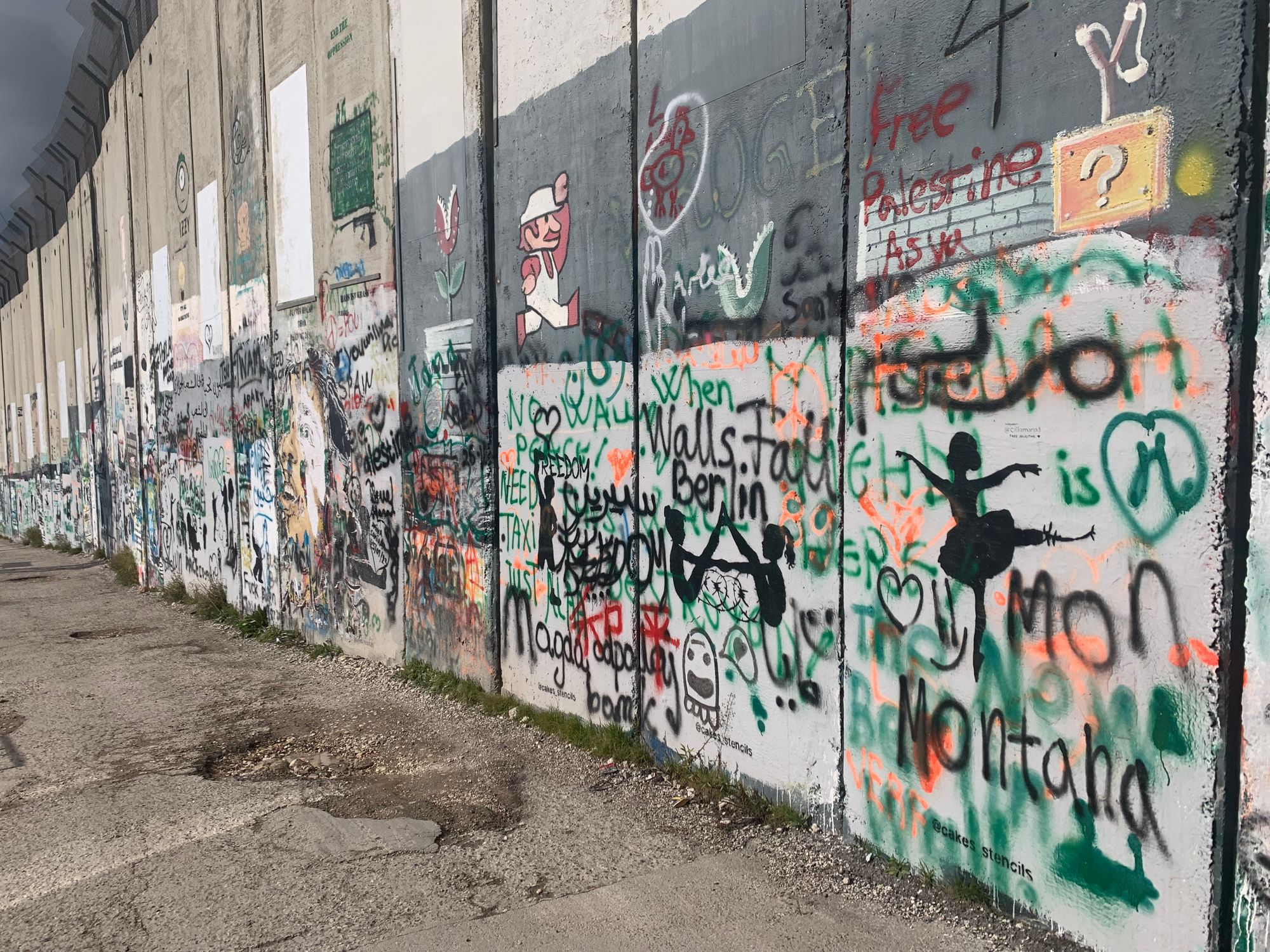
With Israeli forces now blocking the northern Gazan borders, residents are fleeing south, hoping to find refuge and aid in Egypt. However, as of Nov. 3, only about 1,100 people were allowed to enter the neighboring country.
For those that remain in Gaza, a massive humanitarian crisis has ensued.
“The quality of life is just abysmal. It was abysmal before,” Lunde Seefeldt said. “People were starving to death in Gaza and with various blockades and things, it’s even more of a problem.”
Israeli forces have sealed off northern entrances into the Gaza strip, meaning all entry of food, water, medicine and fuel have also ceased. Foreign aid trucks carrying necessary supplies have been stopped at the Egyptian border due to repeated Israeli airstrikes.
Thomas White, Gaza director for the United Nations Relief and Works Agency for Palestine Refugees, said the average Gazan is living off of two pieces of bread and looking for drinkable water.
With little aid and few opportunities to flee, citizens are getting caught in the crossfire.
“Both Israelis, Palestinians and Gazans are going to die by the work of either the [Israeli] government or Hamas, who were not targets in the first place,” Lunde Seefeldt said.
With religion so heavily intertwined with the modern-day conflict, some people question religious texts’ proposed solutions to a war of this scale.
“The story of Joshua says you go in and you kill them all. I mean, that's one within Jewish scripture,” Anderson said. “But there are also beautiful laws about remembering that you once were a foreigner in the land. You were a stranger in the land of Egypt and so you should be respectful and care for the vulnerabilities of the stranger and the sojourner in the land.”
Anderson said he believes many people misunderstand Islam, and it is more in tune with respecting Judaism and Christianity than it is often given credit for.
“Muslims see Jews and Christians as fellow people of the book,” Anderson said.
Faculty members reflect on their travels to Israel
In spring 2023, Rosendale spent eight days in Israel and Palestinian territories while on professional development leave.
As she reflected on her travels, Rosendale said she remembers feeling conflicting emotions surrounding the land.
“In spite of all the tension that I saw and that I felt and that I heard, there is this sacredness to the place that is unlike anything I’ve ever experienced,” Rosendale said.
Rosendale also recalls her meetings and conversations with the region’s people.
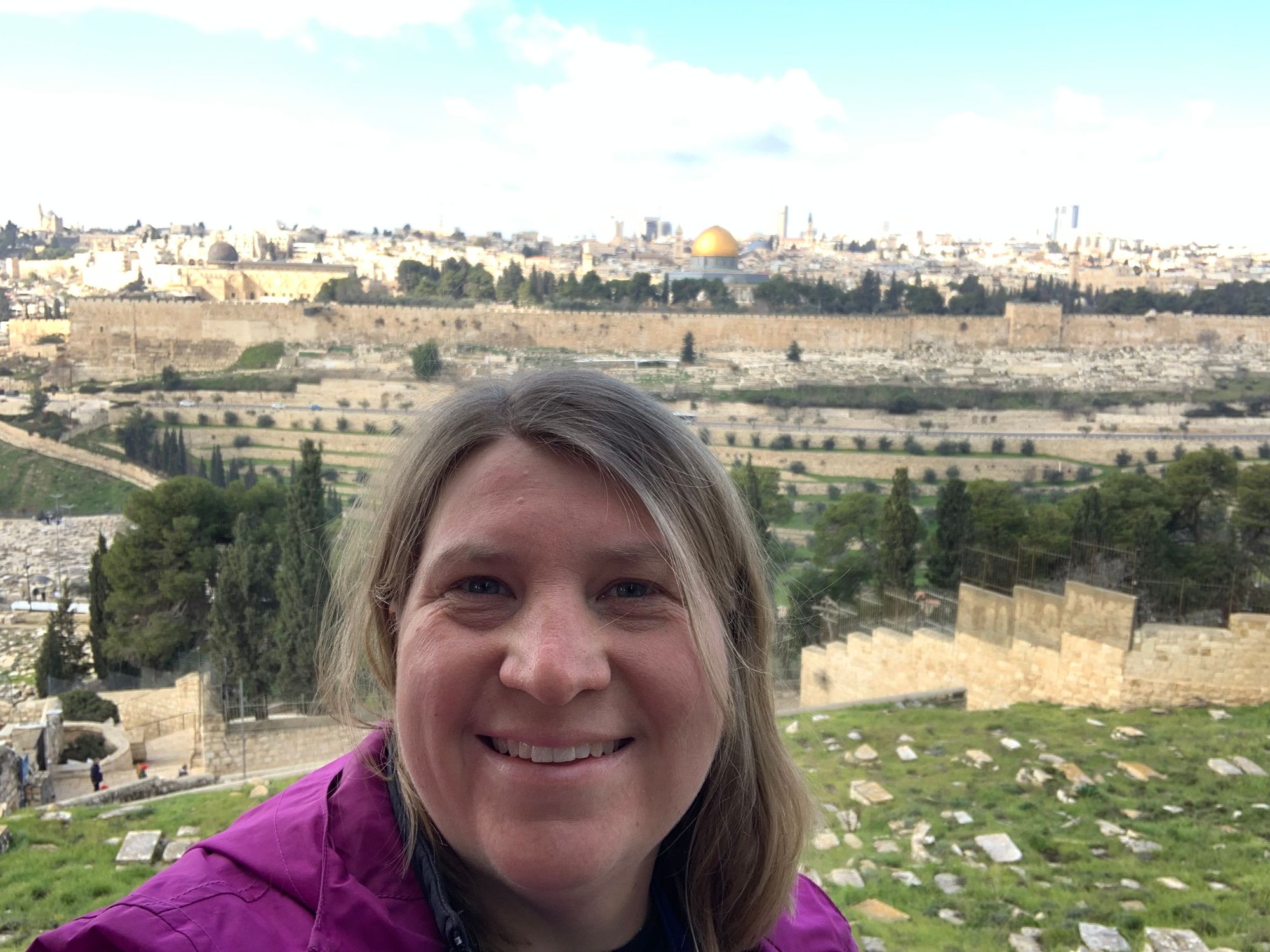
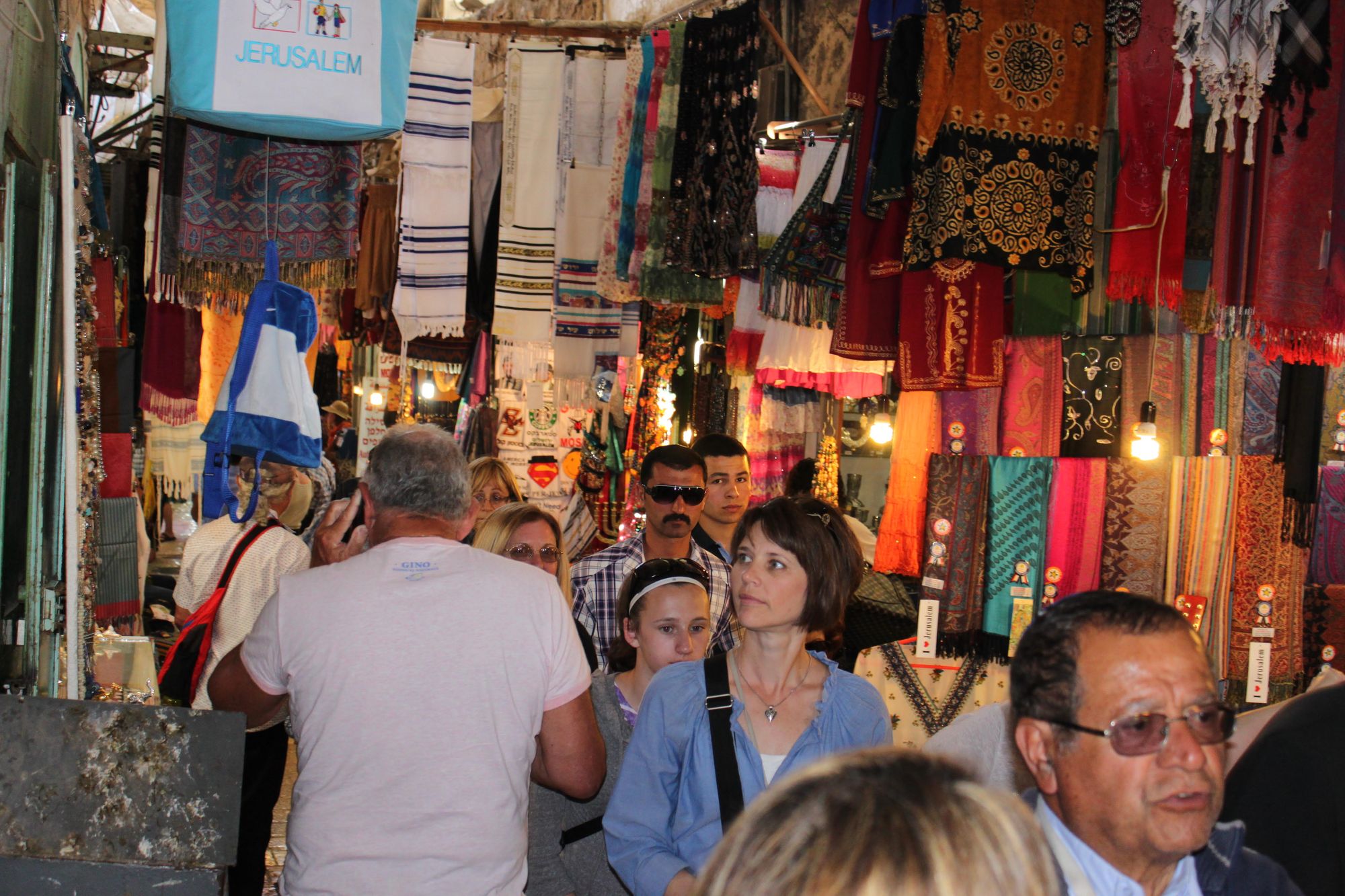
(Left) Rev. Ann Rosendale stands in front of the Old City of Jerusalem. Photo submitted by Rev. Ann Rosendale. (Right) English professor Beth Boyens walks through a market in Jerusalem in 2012. Photo submitted by Beth Boyens.
“The everyday ordinary people that are living there have so much in common. They want to live in peace and safety and freedom,” Rosendale said. “They want to be able to worship their God and live their tradition and celebrate with their family.”
Boyens, who traveled to Israel and the Palestinian-controlled West Bank in 2012, recalls similar conversations she had with the people living there.
“I didn’t meet anybody on either side of the wall in the West Bank or in Israel who didn’t seem to want to live in peace,” Boyens said.
Boyens said those conversations inspired her to teach “Narrating Exile: the Literature of Israel and Palestine,” a global literature seminar.
“We are called as humans to recognize the suffering of those around us, and even when they’re across the ocean…that woundedness and suffering affects us,” Boyens said.
Rosendale said she is hopeful the war will end with a return to empathy.
“My prayer for the land is that people who are fighting would have the courage to put down their weapons and to come to the table, not first to talk, but first to listen: to listen, to understand and then to respond with compassion,” Rosendale said.

